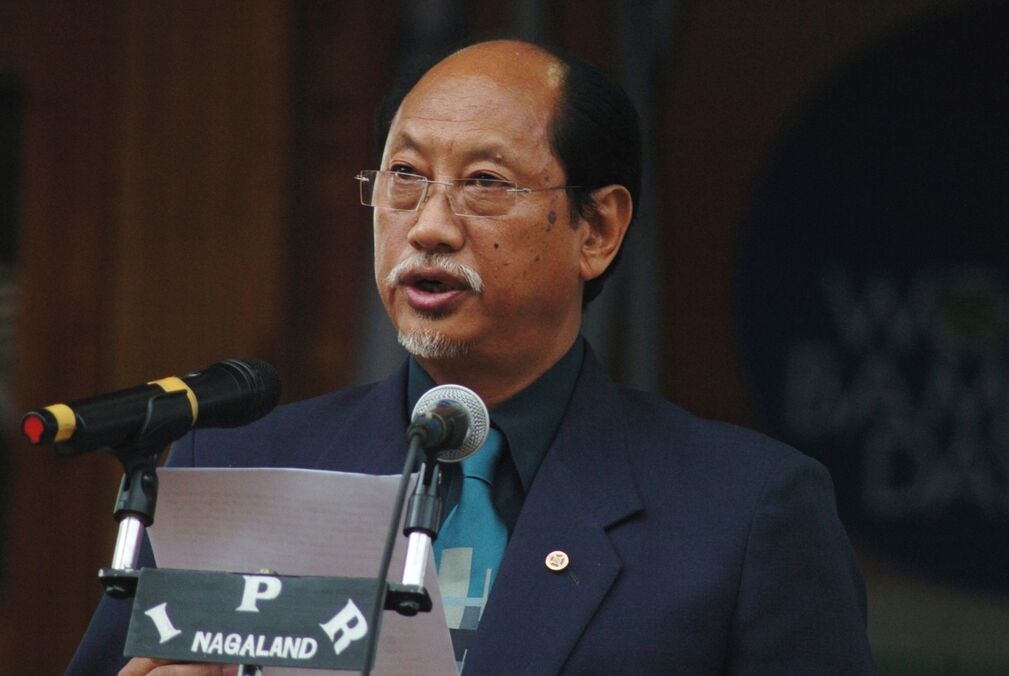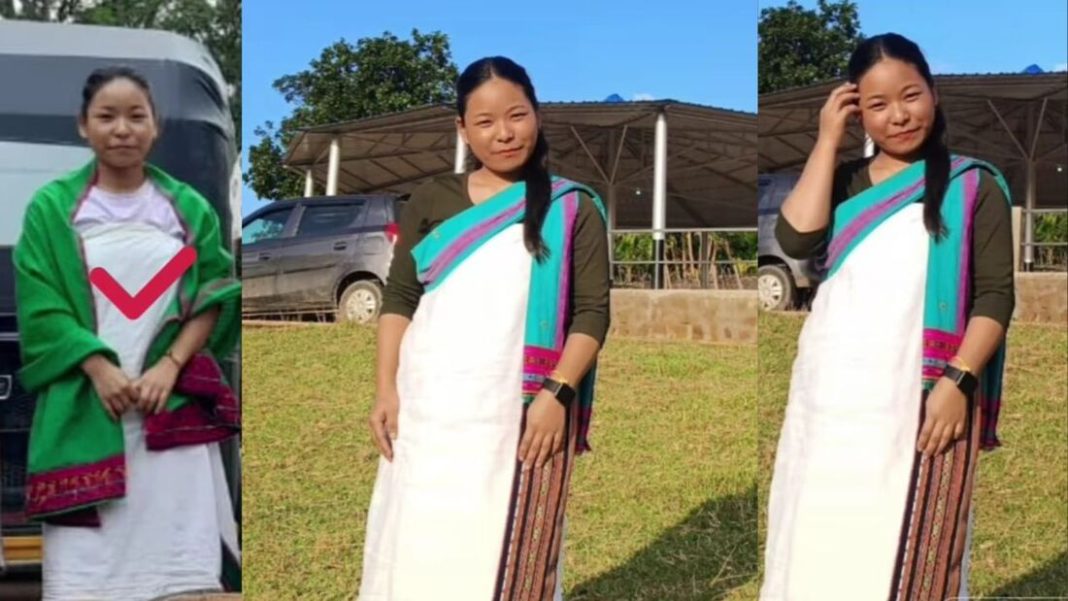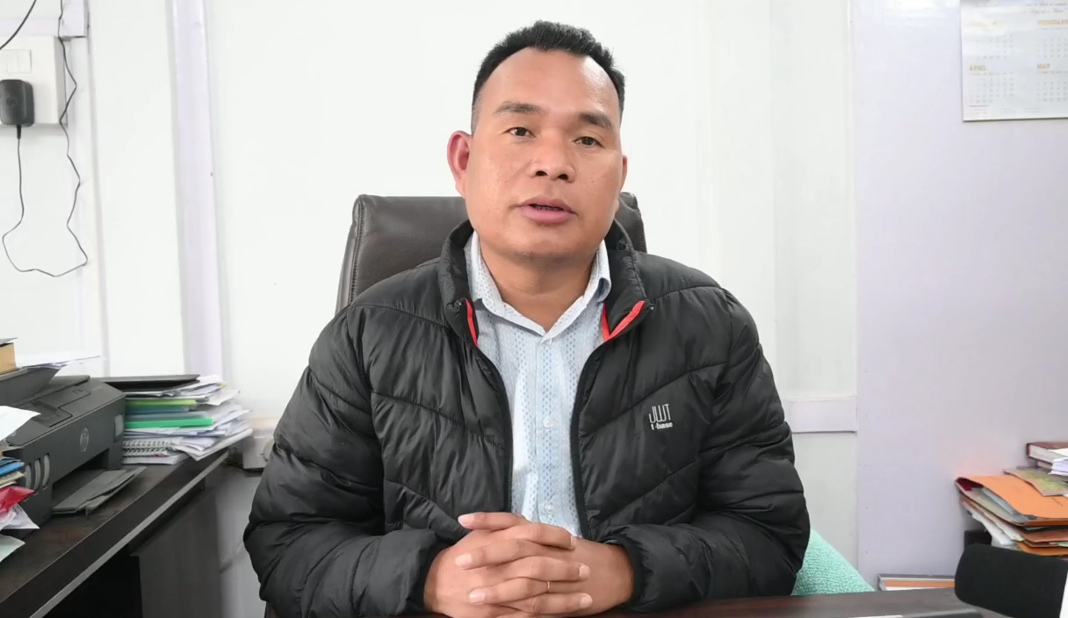Guwahati, June 10: A fresh political storm is brewing in Nagaland after the state cabinet abruptly suspended the issuance of Indigenous Inhabitants Certificates (IICs) to four non-Naga indigenous tribes—Kachari, Kuki, Garo, and Karbi—triggering sharp backlash from tribal organizations.
The Dimasa Youth Organisation, Nagaland (DYON), came out swinging on Monday, condemning the cabinet’s decision as a blatant act of discrimination that tramples on the constitutional rights of thousands. In a strongly worded press release, DYON president Ringjen Langthasa and secretary Joyphen Khersa slammed the directive, calling it “undemocratic, exclusionary, and harmful to the socio-political fabric of Nagaland.”
DYON pointed out that the move flies in the face of a High Court stay on the matter, yet the cabinet went ahead and ordered that “no new IIC should be issued to these tribes” until ongoing legal proceedings conclude. The organization warned that the directive effectively strips generations of indigenous settlers of their legal identity, stalling access to critical benefits including education, job reservations, and government welfare schemes.

“This isn’t just bureaucratic red tape—it’s a systemic denial of recognition,” DYON stated. “Our communities have contributed to this land for generations. Blocking IICs is not only unjust, it’s a slap in the face to every tribal who helped build Nagaland’s diverse heritage.”
According to DYON, the halt in certificate issuance is already affecting high school and higher secondary students, many of whom now face uncertain futures due to the lack of documentation needed for higher education and government jobs.
Calling on the state government to reverse the order, DYON appealed for fair treatment of all indigenous communities, urging leaders to “rise above narrow tribal politics and honor the spirit of unity and inclusion enshrined in the Constitution.”
As tensions rise, observers say the issue could ignite broader unrest among marginalized groups in Nagaland, unless the government steps in to address the growing sense of alienation among these sidelined communities.




